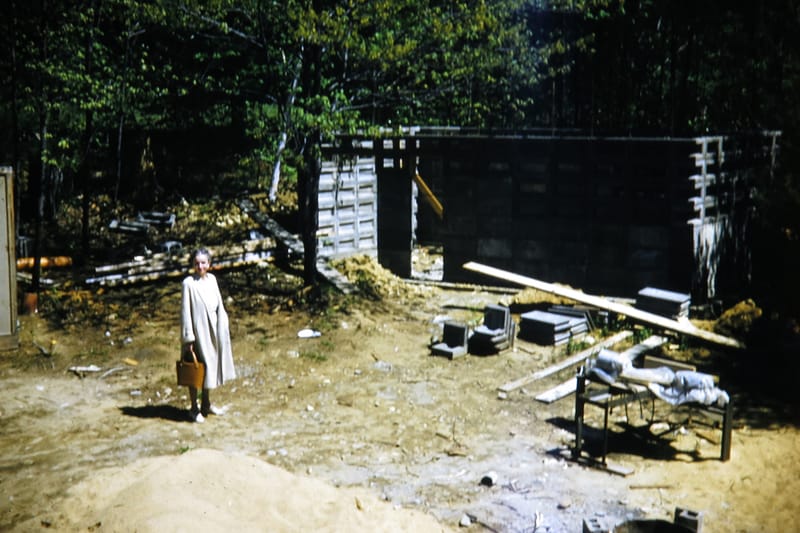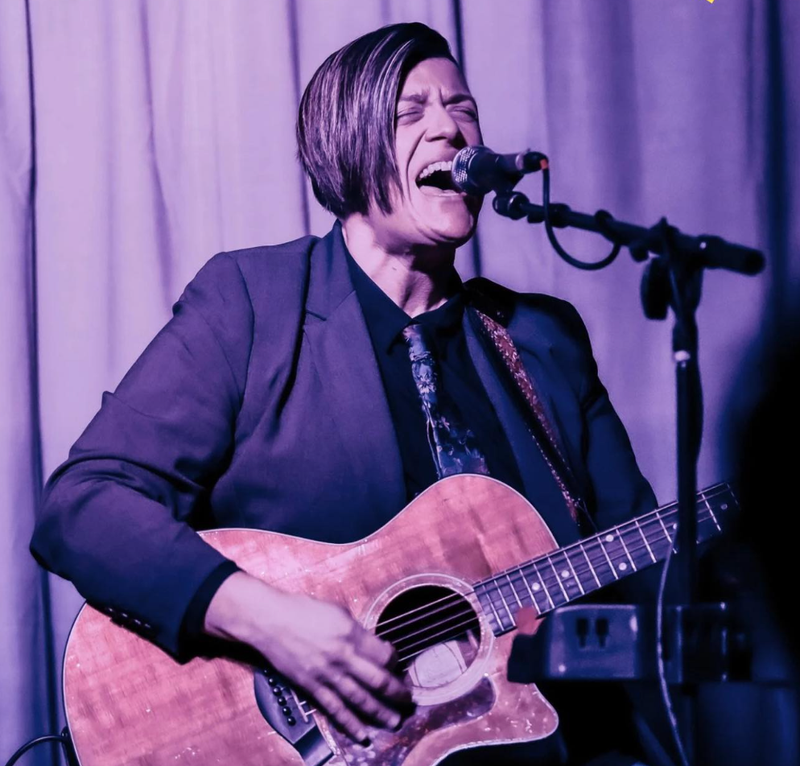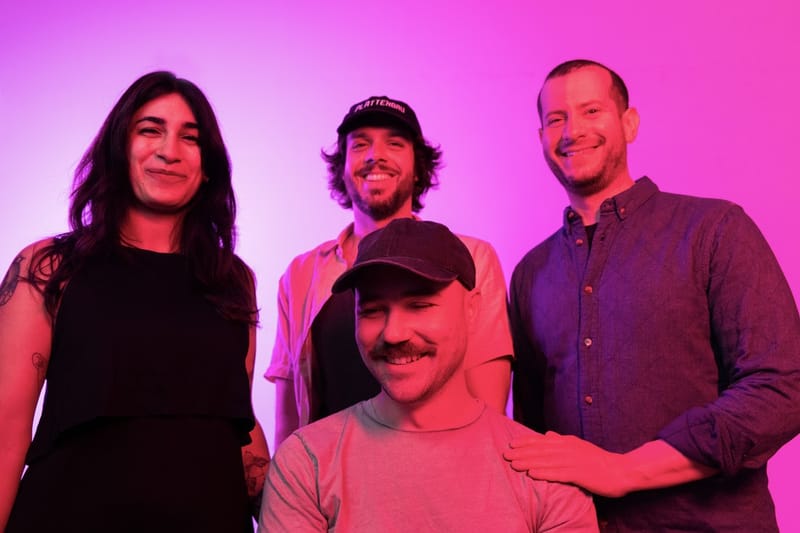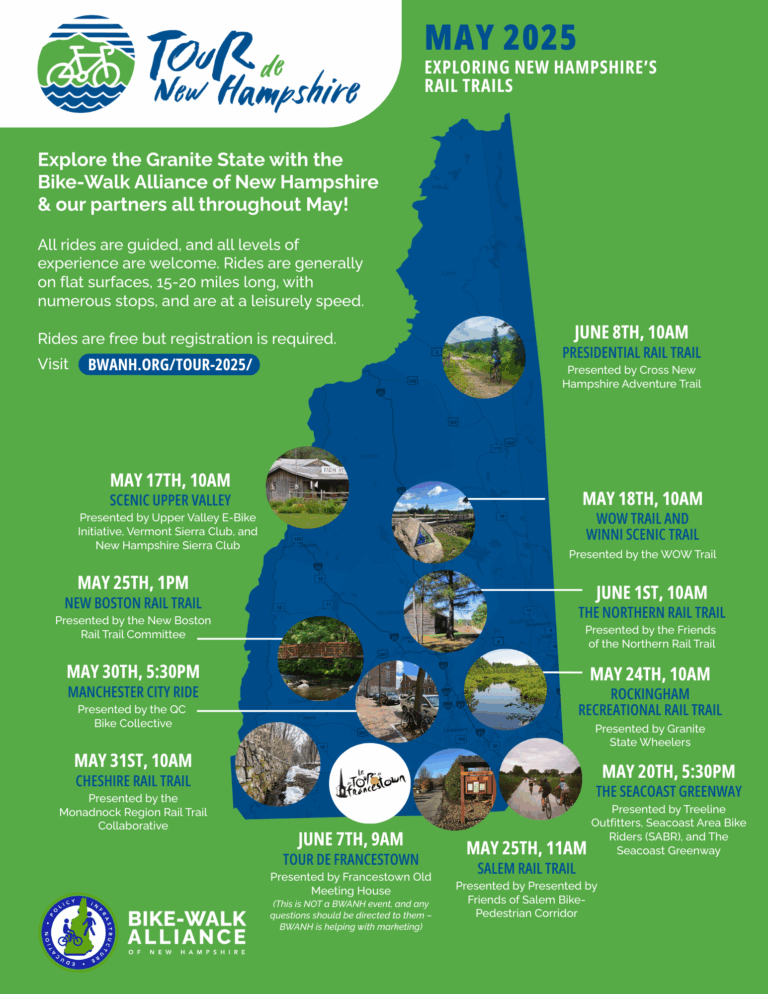Singer/songwriter Seth Glier talks about ‘Everything’ ahead of March 30 show at The Colonial
On March 30, people will be able to learn more about climate change while listening to Glier’s new batch of songs being performed in the Showroom at the Colonial Performing Arts Center in Keene.
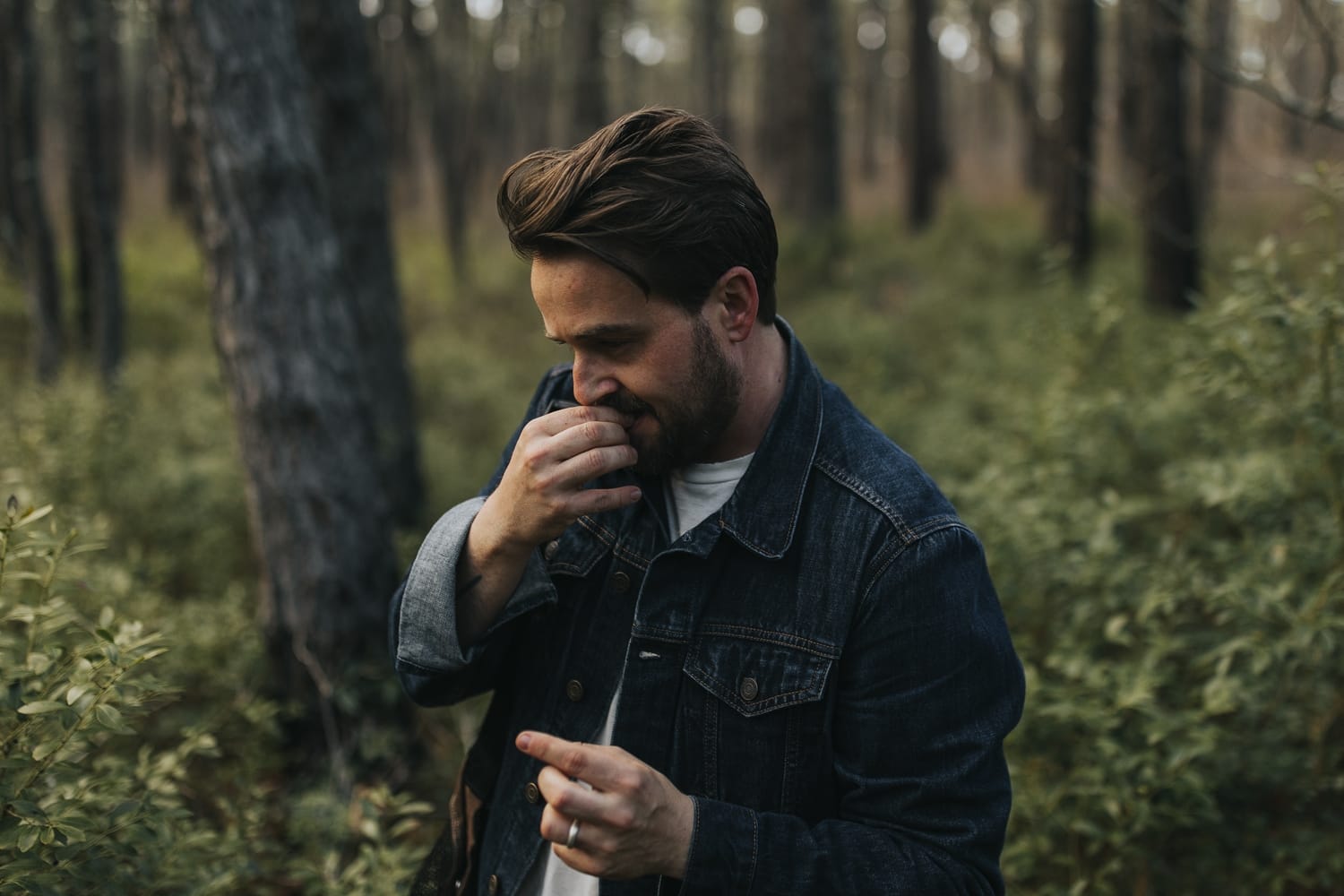
IF YOU GO

The Colonial
20 Commercial St., Keene, NH 03431
Music can be powerful in a variety of ways, and one of those ways is how it can convey an important message. This can be either personal, existential, political or social, but this trait can leave a lasting impact on whoever is listening. With the issue of climate change in mind, Seth Glier started writing the songs for his new album, “Everything,” which he self-released back on January 26. While diving into this process, the Shelburne Falls, Mass., native was able to educate himself through talking with various professionals and activists in the field while at the same time really seeing what is going on with our natural surroundings.
On March 30, people will be able to learn more about climate change while listening to Glier’s new batch of songs being performed in the Showroom at the Colonial Performing Arts Center in Keene.
We had a talk ahead of the show about the making of the album, how he crafted the messaging behind “Everything” and what people can expect this Saturday night.

Rob Duguay: Back in January, you released a new album titled “Everything”, so where was it recorded and did you handle the production by yourself or did you work with someone else in that aspect?
Seth Glier: It was a little all over the place. I have a studio in my backyard which is a little shed that I converted into being a recording studio, so I worked out of that for most of the vocals along with a little bit of overdubbing. There are some songs that were co-produced with a producer named Anthony Decosta down in Nashville. There are others that were done with a friend of mine named Elias Hummel and the rest of the album I produced myself.
RD: When “Everything” got officially released, you posted on social media saying that the album is inviting us to imagine a future in which humans and the planet are re-aligned into mutual restoration. What inspired this particular vision and theme?
SG: I would say this kind of started in 2020. I was listening to a podcast and one of the co-hosts was presenting this climate venn diagram. Oftentimes, the story that we have of climate change is often one that is apocalyptic or fatalistic in narrative, but that wasn’t the whole story. One of the things this venn diagram invited people to explore was how to get involved while asking these three questions: What are you good at?, What do you like doing?, and Where are you the most influential?. As soon as those three questions were asked it was immediate to me that the next thing I was going to do was making a record dedicated entirely to climate pollution, so that was the jumping off point for me.
I built this web of relationships with ecologists, biologists and activists that are on the frontlines of this kind of work while being in a place where I was learning from them. I became hip to all of these amazing metaphors and concepts, concepts like rewilding, and each time I came across a solution, it was very clear to me that there are communities of people who are really at the center of them. I wanted to construct an album that was about these relationships where the natural world really needs us to be more engaged with it, it’s not going to fix itself. The wonderful benefit for us is as we engage in some kind of restoration, whether it’s preserving the wetlands, rewinding a river or moving dams that are no longer serving us. As we begin to heal the planet, we’re also in the process of healing ourselves and we’re in a greater concert with everything around us.
RD: That’s really cool. A few of the tracks on the album incorporate some electronic elements with you singing and strumming your guitar over beats. What gave you the idea to include this style rather than have “Everything” strictly be a folk record?
SG: I’ve never totally understood why I’m considered to be a folk artist, even though some of my earliest champions and heroes come from that world. I’ve always been interested in trying to create a multi-dimensional soundscape around my music. There are certain songs like “Witches of the Wind”, which is about a climate solution that doesn’t exist yet. It’s sort of a climate fiction song but I wanted the production to also feel like it was living somewhere in the future as well. Most of the time, there are organic instruments that I’ve either sampled or I’ll take drums and put them through guitar pedals and various different things so they become a new instrument.
RD: When it comes to touring, you average about 200 shows a year. How much of a grind is it for you when it comes to hitting the road and performing a long string of dates? Have you found a more sustainable approach to touring these days so it doesn’t become a slog like it can me for so many musicians?
SG: I would probably say that I’m closer to doing 110 shows a year at this point, and that’s still a lot. I think one of the main things that keeps it sustainable is that I really incorporate rest into my life and I also incorporate going out and being restored by nature as part of my travels. Due to just putting a record out, I’m in a very busy traveling chapter of my life. In a way, as I look around the landscape, I sometimes feel like an old dog because no one really tours that much anymore and certainly new artists don’t have the infrastructure of touring. For me, it’s one of the fastest ways that I can have a sense of what’s true and not true about what I’m trying to put out into the world.
I interact with all kinds of different people and nowadays I’ll play a show and I’ll have a few regenerative farmers in the audience or other people who work in that field. In that sense, I’m much more tethered to what’s alive and really happening on the front of climate change than just me sitting and scrolling through my inbox.
RD: What are your thoughts on coming up to New Hampshire to perform at the Colonial Performing Arts Center and how do you plan on conveying the songs from “Everything” into your live performance?
SG: I love playing in Keene, my wife is from just outside of there so it’s a special place for us. She grew up in a small town called Antrim, which is between Keene and Peterborough. This is going to be my first time playing a show at the Colonial and I’m looking forward to it. As far as how I plan on communicating this message from the album, I’m not alone in it. I’m going to be playing the record from front to back along with incorporating some songs from my older catalog, but I’m also partnering with several ecologists who are at the local university in town. They’re going to be speaking about some of the ecological initiatives that are happening right in their own backyard.
One of the things that’s really important to me is that the show has a direct sense of being a place for people who are looking for ways of getting involved in this movement and they can get involved right there at the show. I think we all spend some time asking ourselves “I wonder what I could do” and I want the merch table at the show to be where people can take direct action.


